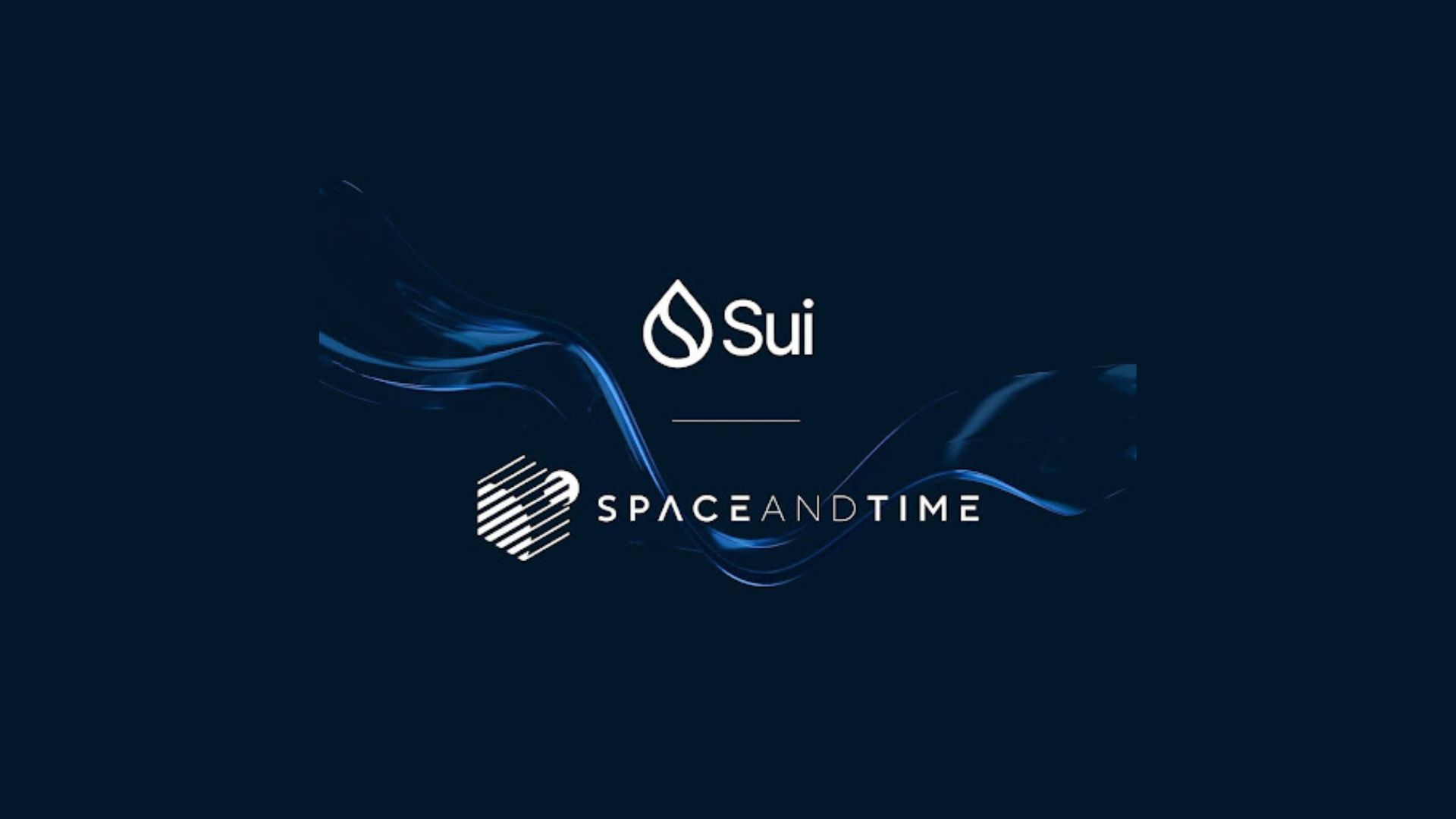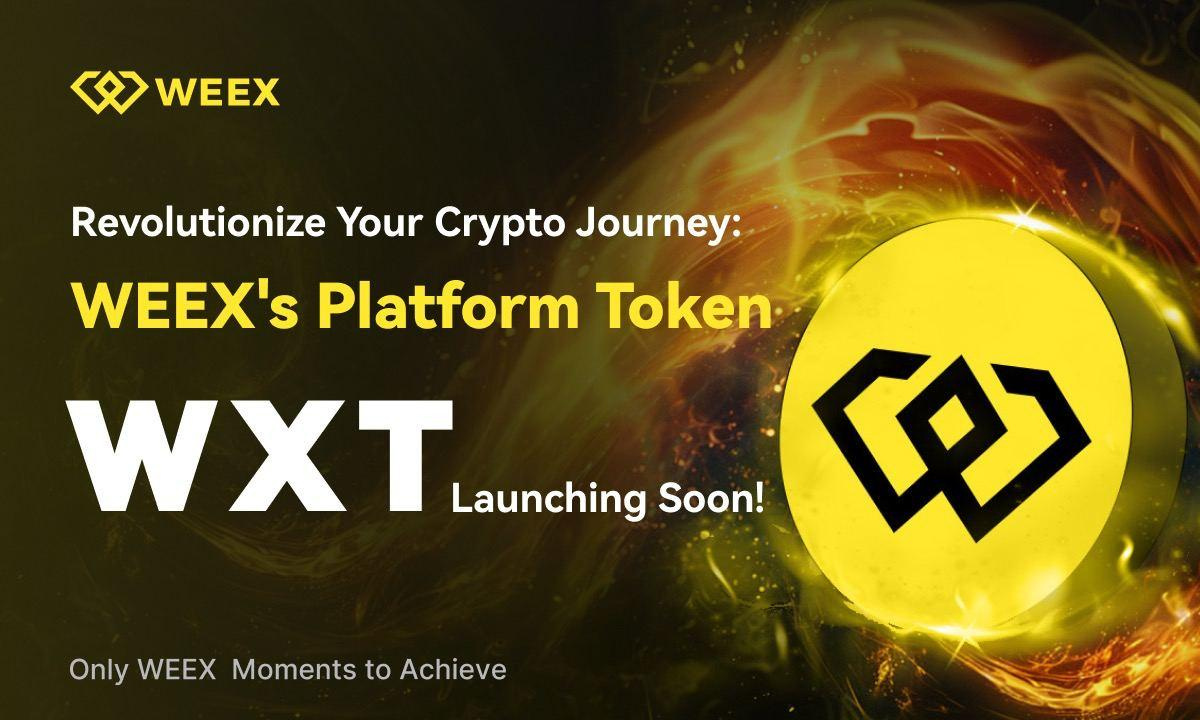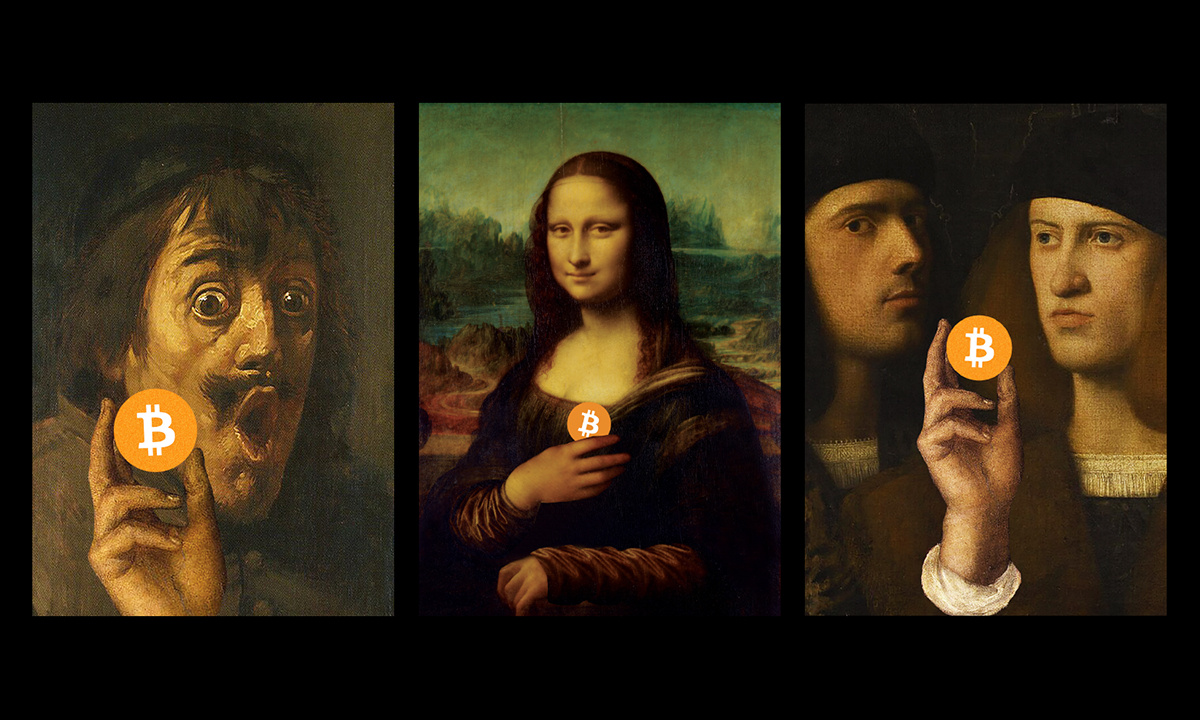Blockchain technology has to be one of the most exciting inventions of the last decade, with the potential to revolutionize many sectors and facets of life. A blockchain is simply a time-stamped record of data managed by a series of computers with no central authority. The information in a blockchain is unalterable and open for everyone to see, resulting in a high transparency level. The major benefits of blockchain technology are transparency, immutability, and decentralization.
Another allure of this technology is eliminating a trusted "third party" and its cost, allowing individuals to make transactions with one another directly. The most popular use case of this technology is digital or cryptocurrency, e.g., Bitcoin. Other concrete applications of this technology include:
HEALTH AND PHARMACEUTICALS
The healthcare sector’s potential applications include secure and easy transferability of digitized patient records from one healthcare provider to another. This automatically removes the chances of missing or misplaced records. It will also improve patient care and overall patient satisfaction. The authenticity and traceability of clinical results, e.g., in drug trials, is another application in the pharmaceutical industry.
LAW
If you are a cryptocurrency enthusiast, that code is the law. Smart contracts can be used to execute agreements between two parties without human interference. These are self-executing contracts between individuals. Once certain conditions are met, the contract is executed. Ethereum was built specifically to realize this possibility. The smart contracts are programmed to automatically payout or fulfill certain financial obligations once pre-set conditions are met. This leaves no room for fraud or interference by a third party.
DIGITAL IDENTITY AND SECURITY
Imagine the creation of a unique digital identity that can be used for various web services. This eliminates the need for various usernames or memorizing long and complex passwords. This is because the digital signature is unique to you and you alone (just like your thumbprint). This unique digital identity can be used for various purposes, including voting, licensing, medical records and references, etc. Developing a digital identity standard is a highly complex process as it requires collaborations between private entities and the government. That's in addition to the technical challenges of such a huge project.
FILE STORAGE
A decentralized data storage on the internet protects files from being hacked or getting lost. Distributing data through the internet eliminates the need for a centralized client-server relationship like we currently have. A decentralized system and internet also have the potential to speed up file transfer and streaming times. This is unlike the centralized system that can get overloaded.
INSURANCE
Insurance is another area of interest for blockchain technology. Blockchain insurance promotes peer-peer insurance, enabling the individual to participate in the pooling of resources and investment gain. Dynamis is an example of a peer-peer insurance model. Another example is Rainbow, which permits insured parties to be compensated once certain events occur (remember smart contracts?). The interconnectivity of objects and programming of events (IoT) makes it possible to record automatic insurance contracts. Say an individual is insured against natural disasters, using sensors (of earthquakes, for example). The insured individual’s compensation will be triggered automatically after an earthquake without the need for a third party or insurance company.
Conclusion
There many applications of blockchain technology in our world today. Blockchain technology has real-life applications in almost every field, which includes finance, automobile, law, etc. We have talked about a few applications in this article. This article is meant to be an eye-opener to show you that blockchain is beyond several lines of codes but has numerous applications.
Investment Disclaimer












